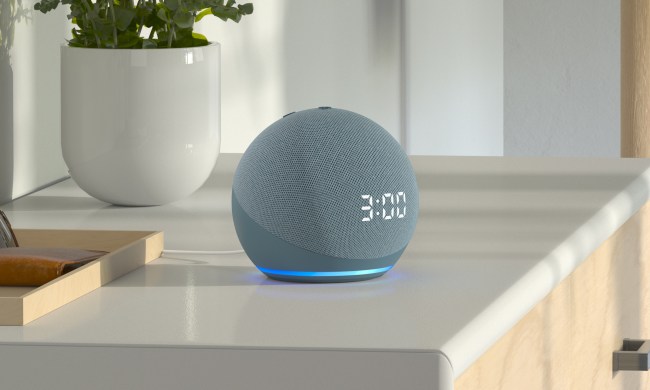A new report from Targetbase analyzing the main reasons listeners subscribe to satellite radio are the capability avoid advertisements and to listen to the same stations from any location.
Targetbase surveyed an unspecified number of satellite radio subscribers in November 2005; according to the results, 50 percent of current satellite radio subscribers cited “no commercials” as what they most value about the listening experience. Also garnering nods from 50 percent of respondents: being able to listen to the same stations everywhere. Some 46 percent of respondents cited the variety of programming as the element they liked the most, while “sound quality” and “exclusivity” garnered favorable responses from just 30 percent of satellite radio subscribers surveyed.
“The number of users who truly value exclusive content is surprisingly low, considering how much marketing muscle satellite radio providers are putting behind their unique on-air talent and programming,” said David Scholes, Targetbase’s CEO. “This survey shows that listeners’ ability to control the media they consume will remain highly influential when it comes to the devices that can provide that kind of command, and the marketing efforts behind them.”
Targetbase also maintains that the “early adopters” have embraced satellite radio, and the industry needs to expand its reach to new types of customers, including minority groups and different age and gender demographics. “Providers will need to stop looking at the current base for a profile of prospects and start looking outside to new types of ‘intenders.’ The rising interest of minority groups in subscribing to satellite radio shows how this phenomenon is beginning to play out,” said Scott Bailey, Executive VP of Strategy for Targetbase.
According to data from Simmons Research Bureau‘s National Consumer Study in Fall 2005, 18 percent of Hispanics and 19 percent of African-Americans surveyed planned to buy a satellite radio within 12 months.


